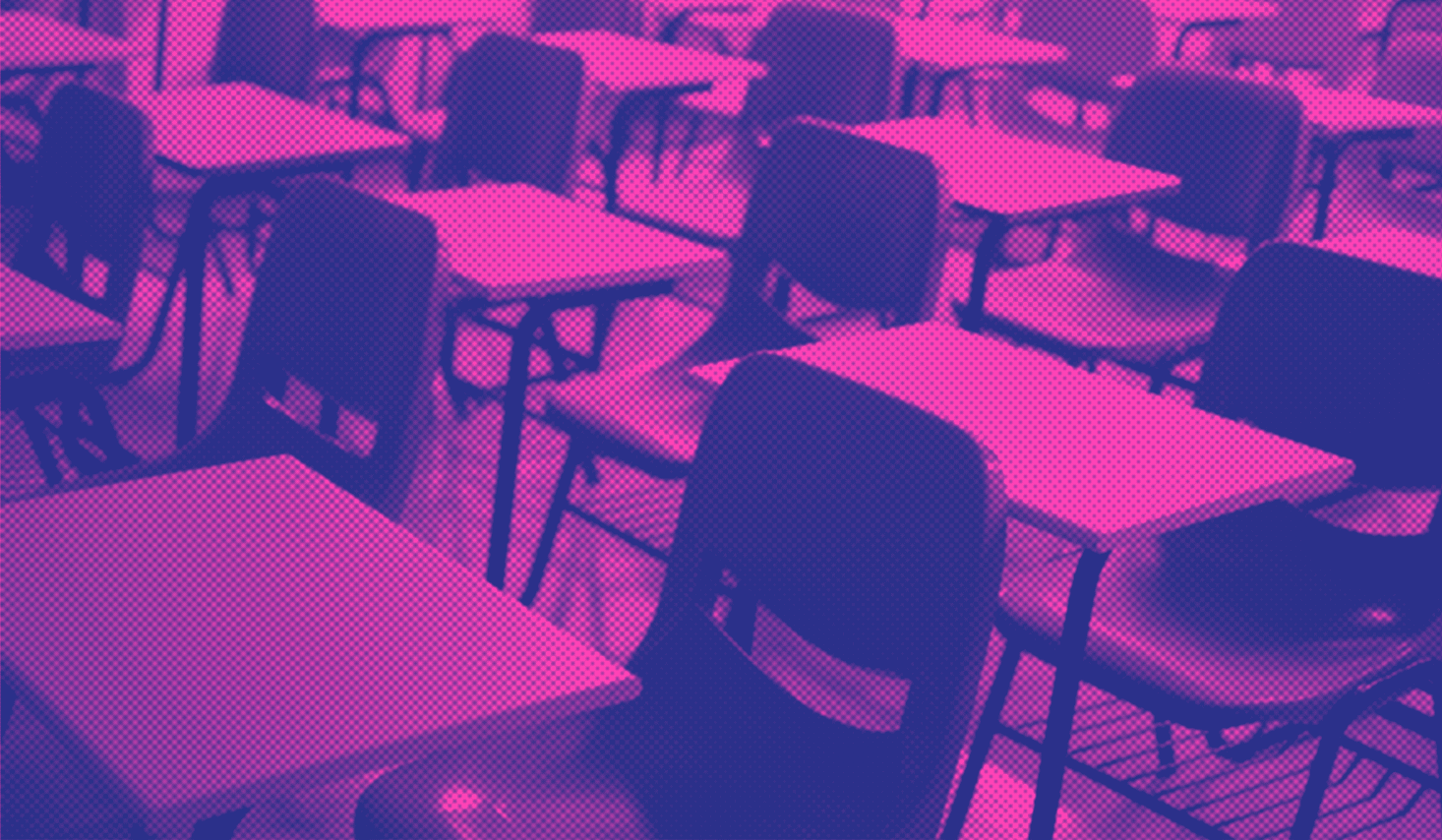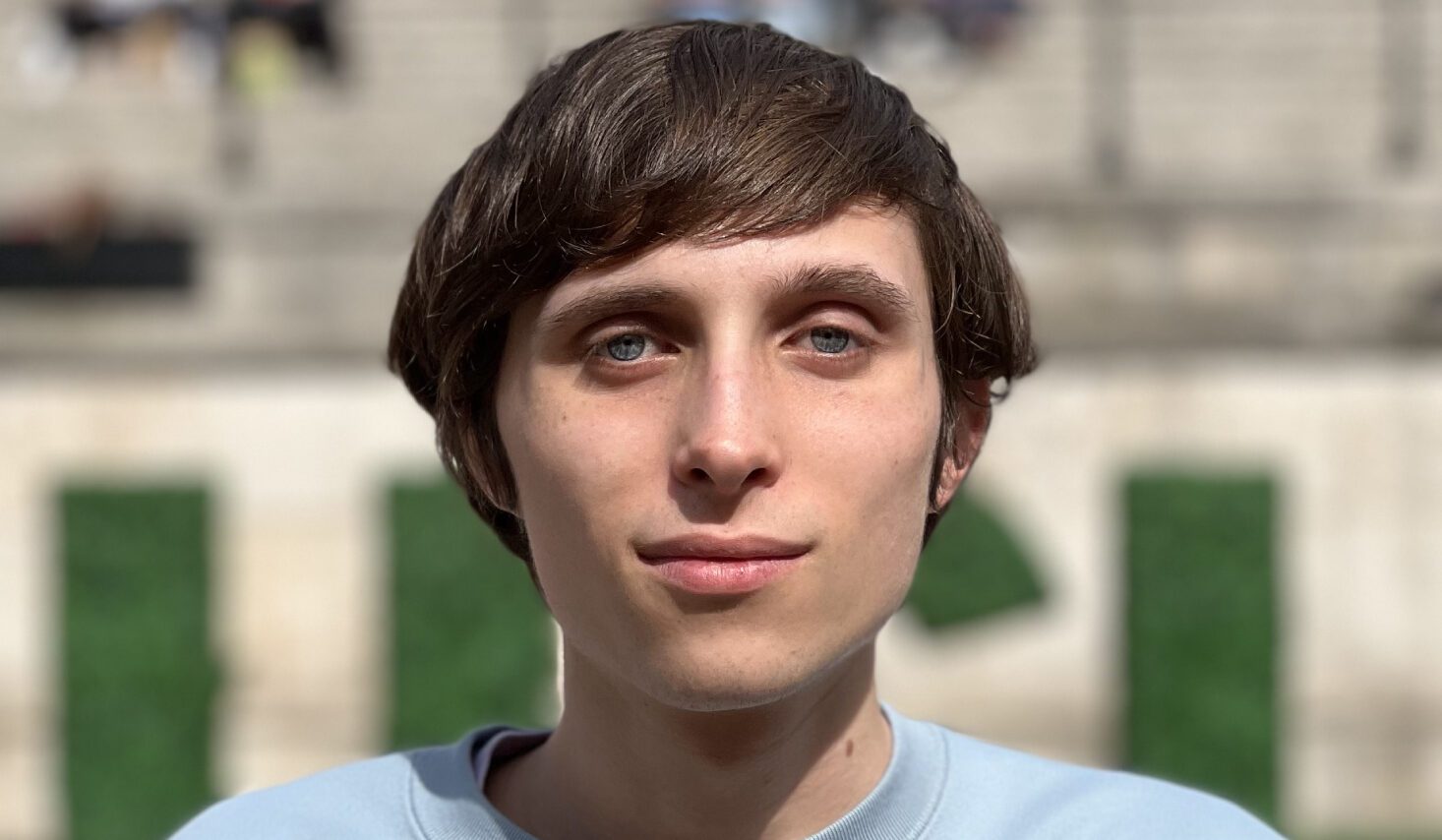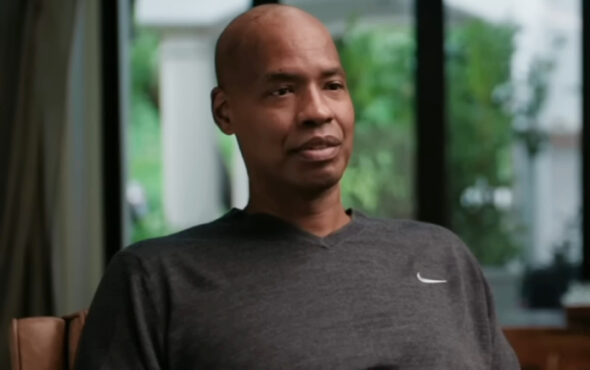
The questions were inevitable. Unavoidably they came, no matter how hard I tried to suppress, stifle, or ignore them. The answers proved much harder to find.
What is the LGBTQ+ community? Who are they? Where are they?
These were the first thoughts I remember having about being LGBTQ+. At school, the word ‘gay’ held strong stigma: the nuances of LGBTQ+ identities were shrouded by an unspoken understanding that it was all associated with something bad.
Prejudice was common, as was ignorance and apathy. So, these were the questions that began to take root in my head, as I tried to understand my own identity in a school that had taught me almost nothing about being LGBTQ+.
I’m an ambassador with Just Like Us, the LGBTQ+ young people’s charity, and I volunteer with them to deliver school talks about LGBTQ+ identities and my story growing up bisexual to pupils in the UK. In other words, I give young people some of the information and assurance I desperately needed when I was growing up.
This June marks School Diversity Week – the UK-wide celebration of LGBTQ+ equality in primary and secondary schools. It’s a very important moment for me and many LGBTQ+ people across the UK. It’s a time where we champion LGBTQ+ inclusion, and combat the feelings of confusion, shame, and isolation that, without access to this message, many of us felt growing up.
These are some of the questions I had to ask and answer myself in the absence of these messages. This is why School Diversity Week matters.

What is bisexuality? Can boys be bisexual? Do I have to like boys and girls the same?
As I grew, so did my questions. I had heard of bisexuality, but I knew little about what that actually meant, or would mean to me. I was confused, and so I bought into stereotypes of bisexuality to guide my understanding of what it all meant. Was I just indecisive? Did I have to regulate my attraction to boys and girls to a perfect 50/50 split? Once I started going out with a boy, was I even allowed to find girls attractive at all?
These questions seem almost comical to me now. But I remember how much they genuinely worried me at the time. In fairness, I can understand why they did. I hadn’t heard of any men being bisexual. In the stigmatised environment of my school, it felt a bit like falling on your own sword: why go through all the trouble of admitting you liked boys if you could just say that you liked girls and leave it at that?
Above all, I wish someone – anyone – at my school had talked to me about LGBTQ+ life. Even one lesson on the challenges I might face, or its beauty and joy, could have made such a difference.
If I could have seen just one person who felt like I did, my feelings of worry and confusion could have been turned into pride and relief.
I worked it out in the end, with the help of some friends and family who I’m constantly grateful for, but I’m still struck by one underlying thought: it shouldn’t have been that hard. And if it was hard for me, with all the support and guidance I was lucky enough to have, how tough would it be for young people who don’t?
School Diversity Week is run by Just Like Us and takes place every June – the charity provides free resources for schools.


